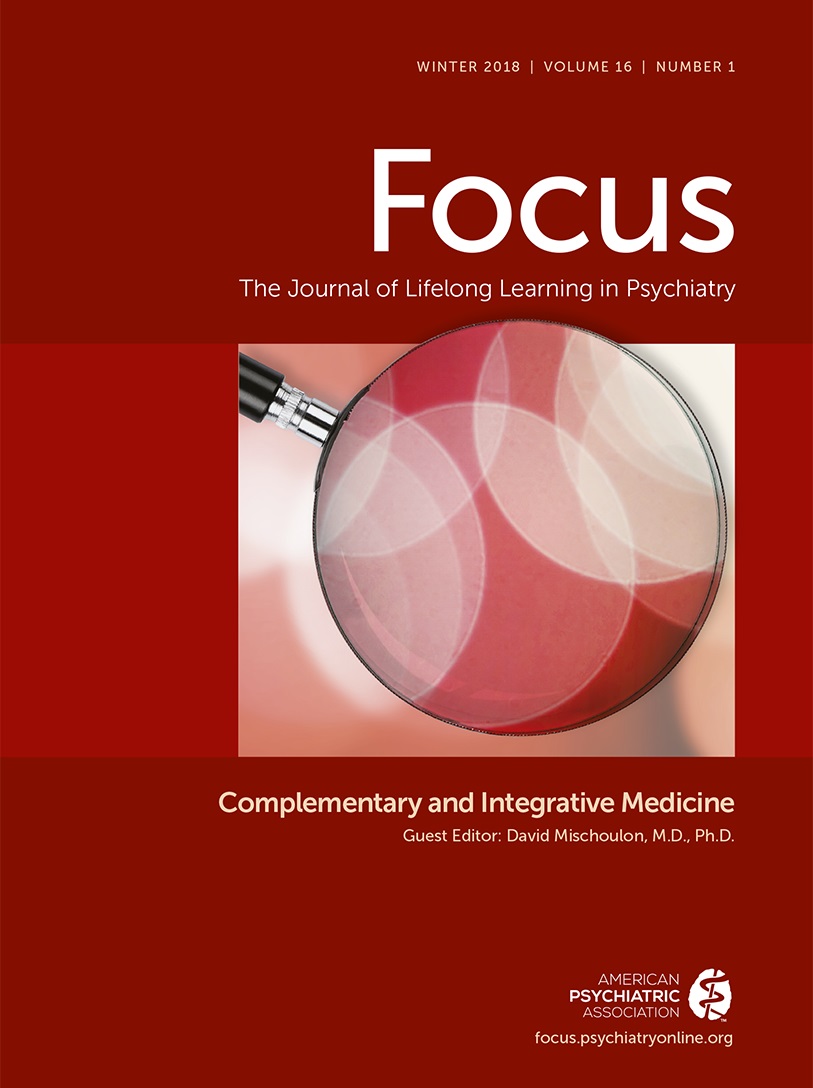Massage Therapy for Psychiatric Disorders
Abstract
This article reviews the current state of knowledge of the role of massage therapy in the treatment of common psychiatric disorders and symptoms. It briefly discusses the prevalence of psychiatric disorders and the popularity of complementary and integrative treatments in the general population. The authors touch on the growing literature describing the biology and neurobiology of massage therapy. The impact of massage as both a therapy for major psychiatric disorders and a treatment for psychiatric symptoms is reviewed, and how massage therapists conceptualize and treat their patients with psychiatric complaints is discussed. If psychiatrists are going to partner with massage therapists, they need to understand how massage therapists’ perspectives differ from those of traditional practitioners of allopathic medicine. A model of how psychiatrists and other mental health professionals can work with massage therapists to care for patients is proposed, followed by a summary of the article’s key points.



